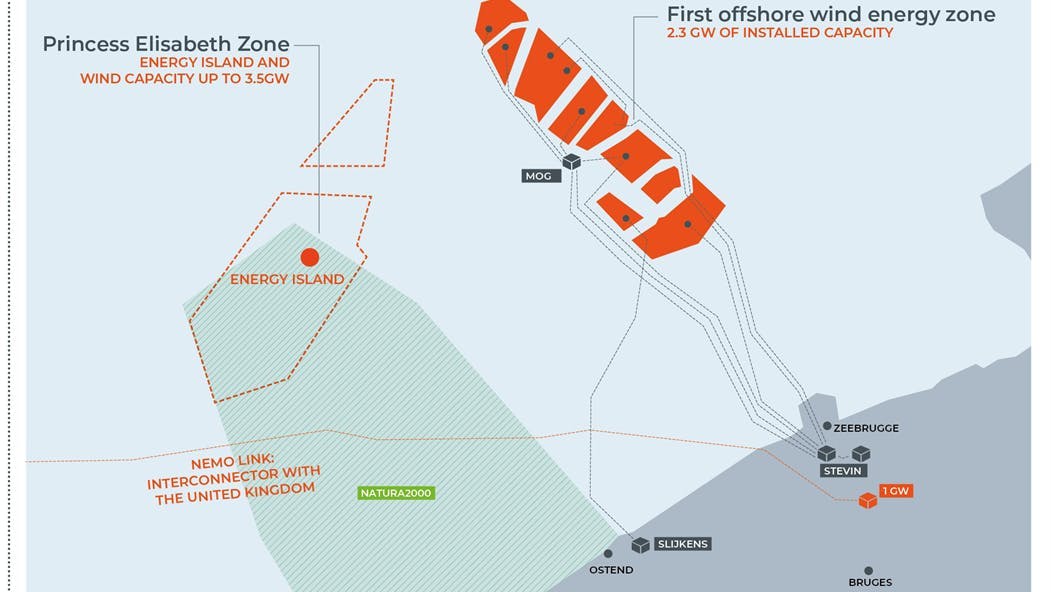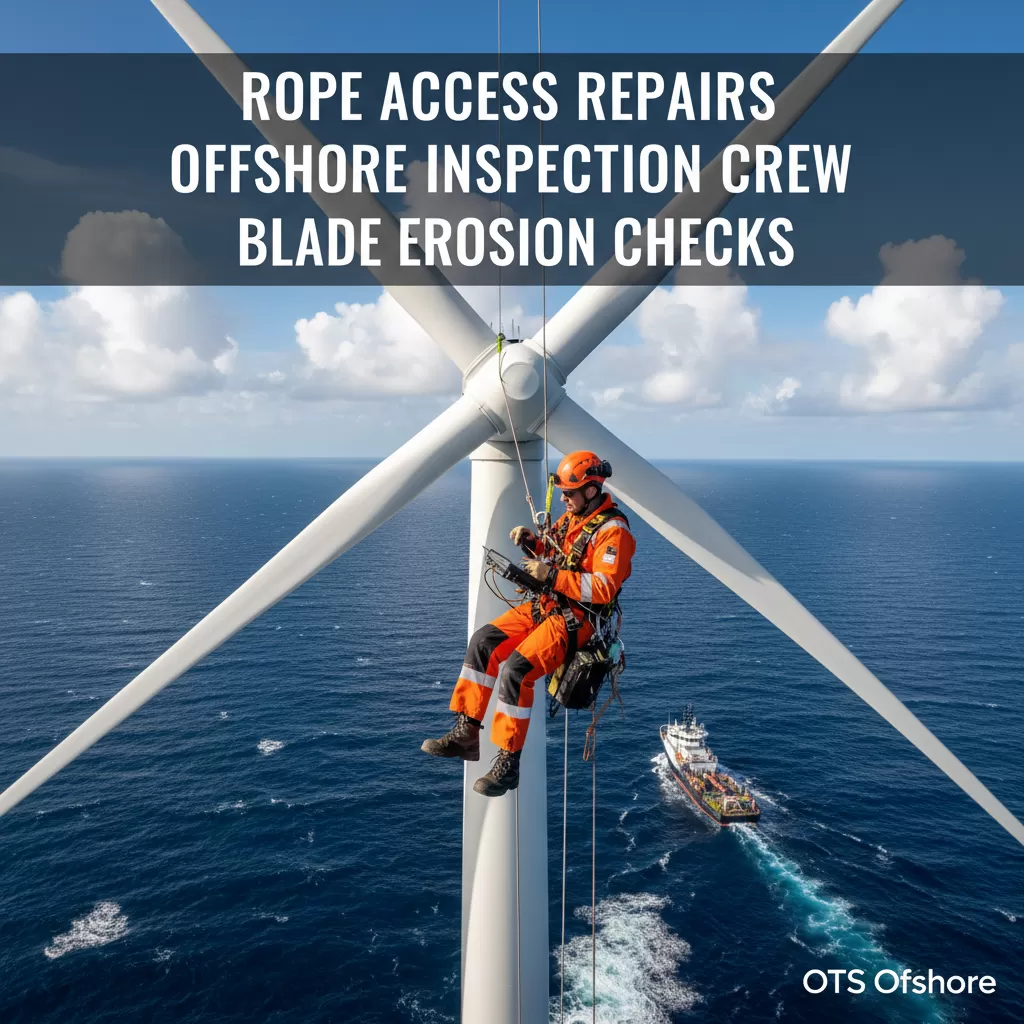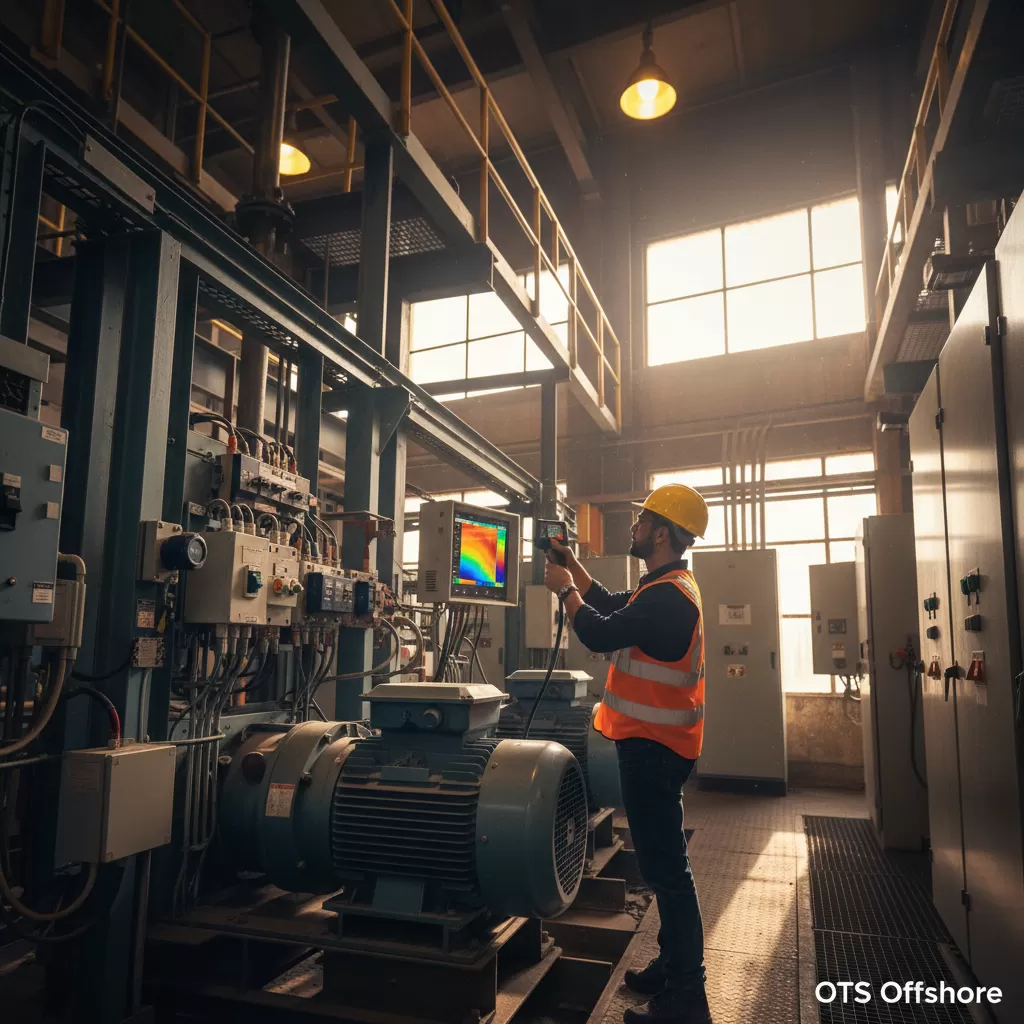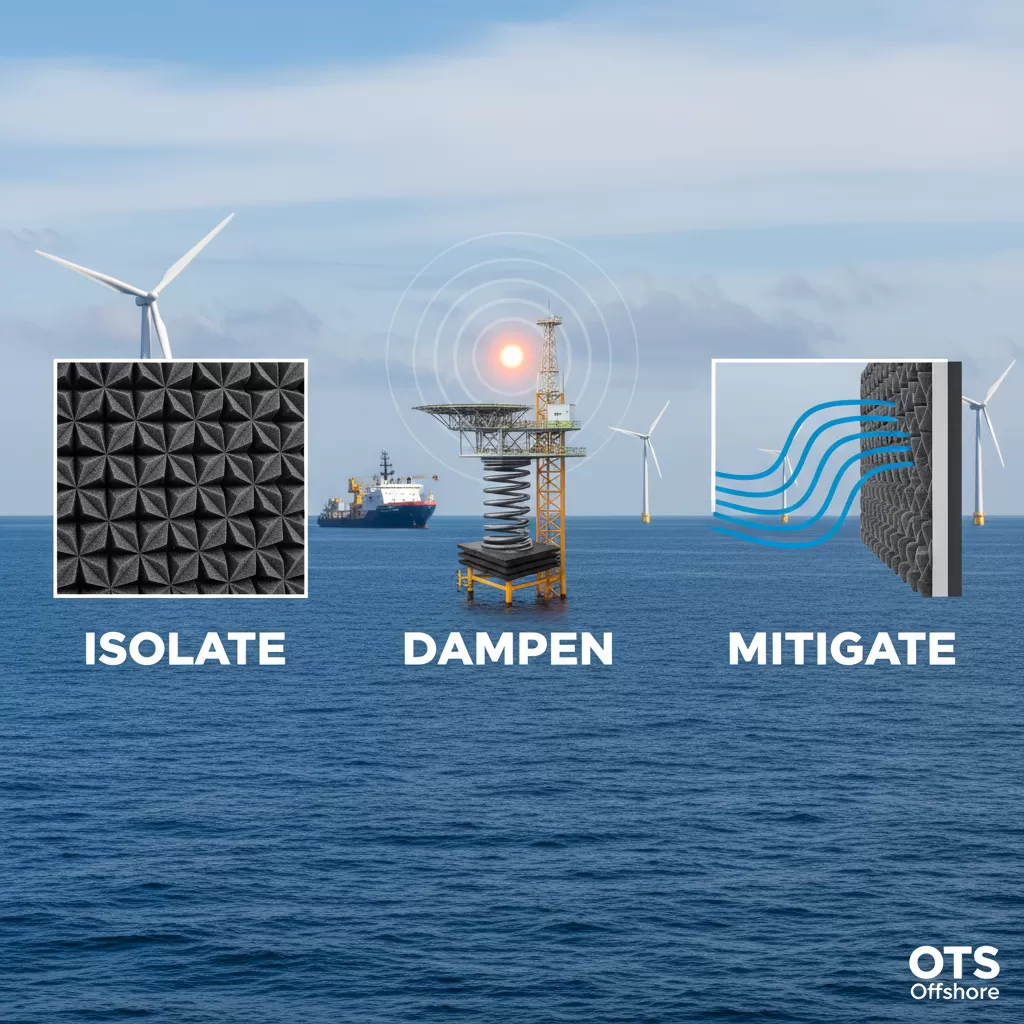**Belgium Secures €650 Million Credit Facility for Artificial Energy Island Offshore**

In a significant step towards transitioning to sustainable energy, Elia Transmission Belgium (ETB) and the European Investment Bank (EIB) have signed a €650 million green credit facility agreement. This milestone investment is earmarked for the development of the world’s first artificial energy island, set to be constructed between 2024 and 2027 approximately 45 km off the Belgian coast within the Princess Elisabeth wind zone.
The Princess Elisabeth Island project is one of ETB’s key initiatives and will play a pivotal role in Belgium’s and Europe’s green energy transitions. Designed to integrate 3.5 GW of additional offshore wind capacity into Belgium’s electricity grid, the energy island aims to reduce the country’s dependence on fossil fuels. This substantial increase in renewable energy will not only lower energy costs but also contribute to social welfare and industrial competitiveness.
The energy island will serve as a hub for future interconnectors linking Belgium to its neighbors, including the UK. These hybrid interconnectors are designed to perform two functions simultaneously, enabling efficient power exchanges between Belgium and its neighboring countries while also being connected to large offshore wind farms in the North Sea. This innovative infrastructure will eventually supply Belgium with significant quantities of renewable energy, aligning with the European Union’s renewable energy targets and climate-neutrality goals[1][3].
Backed by the REPowerEU initiative aimed at reducing Europe’s reliance on fossil fuel imports and accelerating the shift to sustainable energy, the Princess Elisabeth Island project is also a flagship initiative within Belgium’s recovery and resilience plan. The project has secured an additional €100 million from the European Recovery and Resilience Facility under NextGenerationEU[3][4].
Elia Group interim CEO, Catherine Vandenborre, emphasized the significance of this investment, stating, “This loan will provide us with stable, long-term financing with favorable conditions – for the benefit of Belgian consumers.” The project’s innovative approach, featuring high-voltage direct current (HVDC) and alternating current (HVAC) infrastructure, makes it a benchmark for sustainable energy solutions. The first caissons, or foundations, are currently being built in Vlissingen, the Netherlands, and will soon be sunk at sea and filled with sand to form the foundation of the island[1][3][4].
The European Investment Bank’s €650 million commitment underscores its support for pioneering projects that deepen the European power market and








